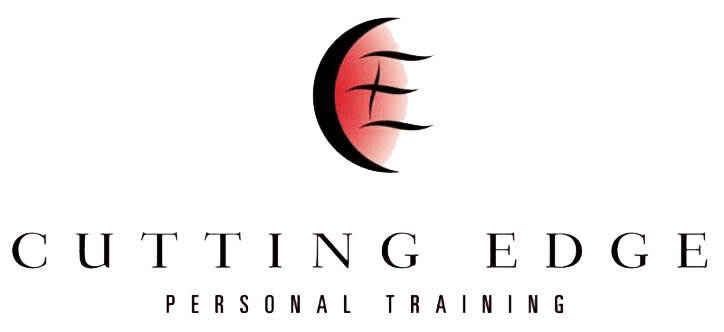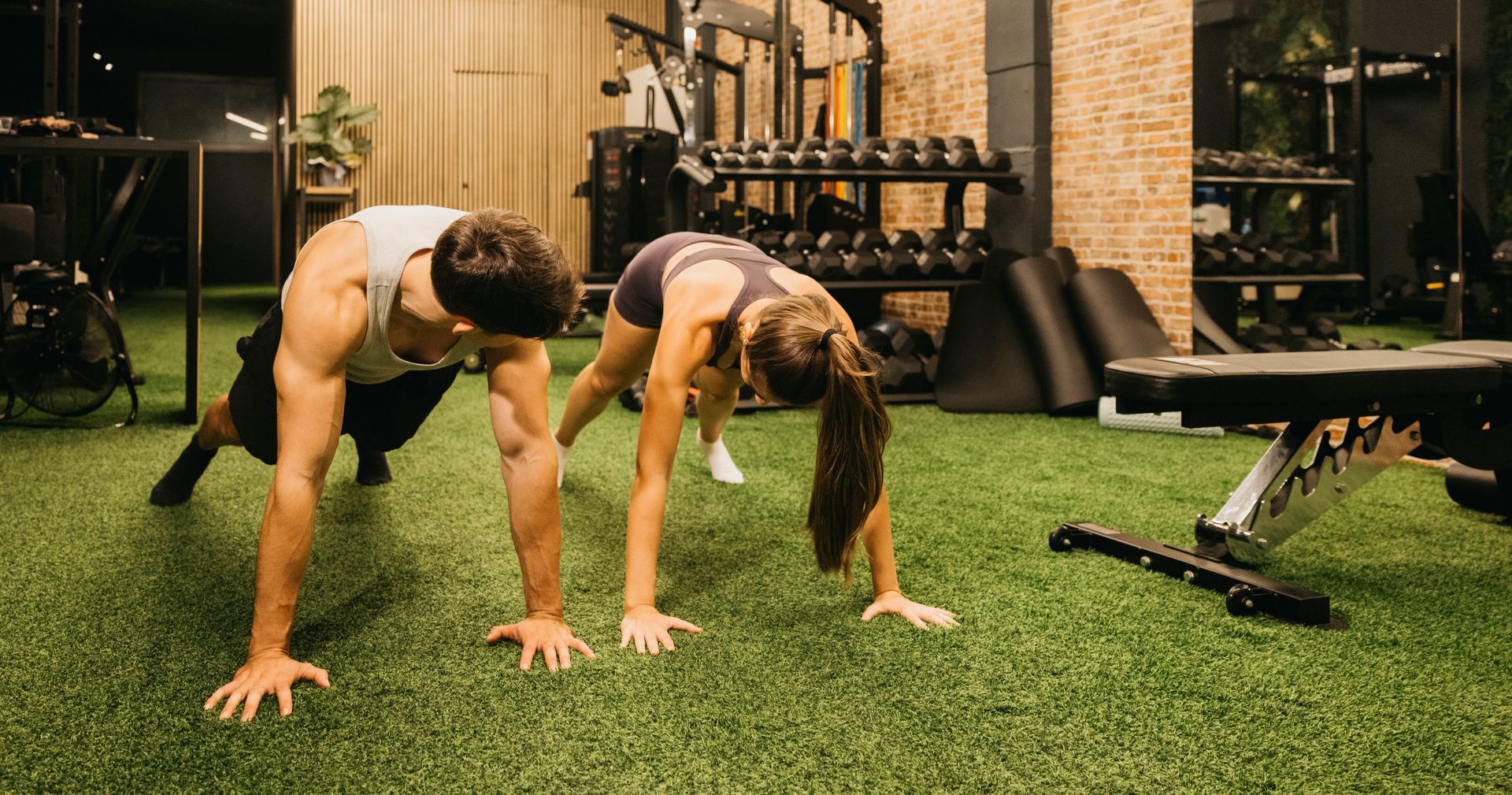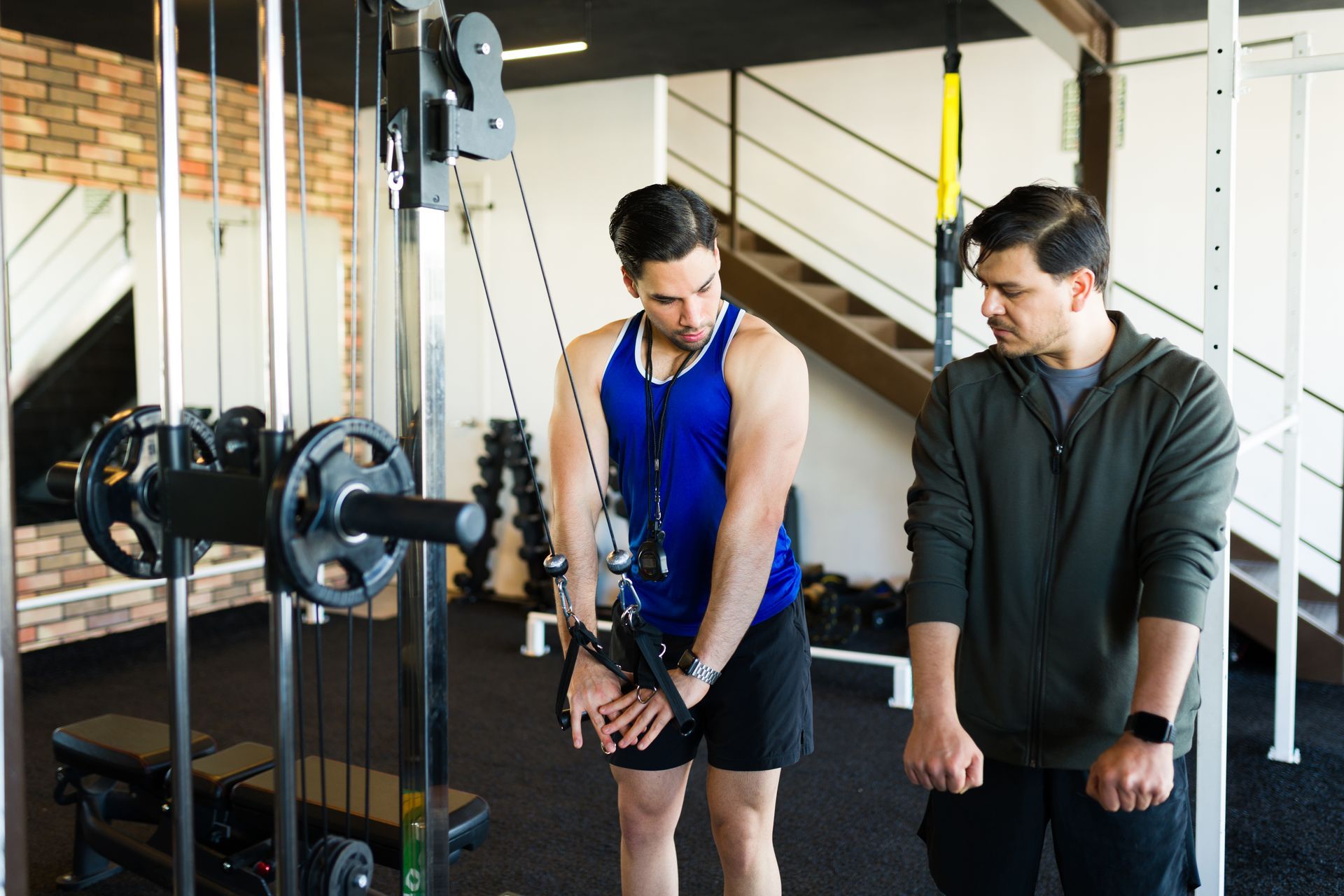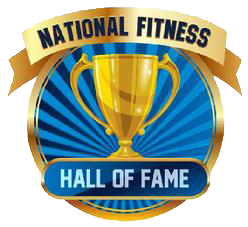October 25, 2022
5 Reasons You SHOULD Hire A Coach
If you're looking to improve your fitness, hiring a personal coach may be the best decision you ever make. Here are five reasons why.
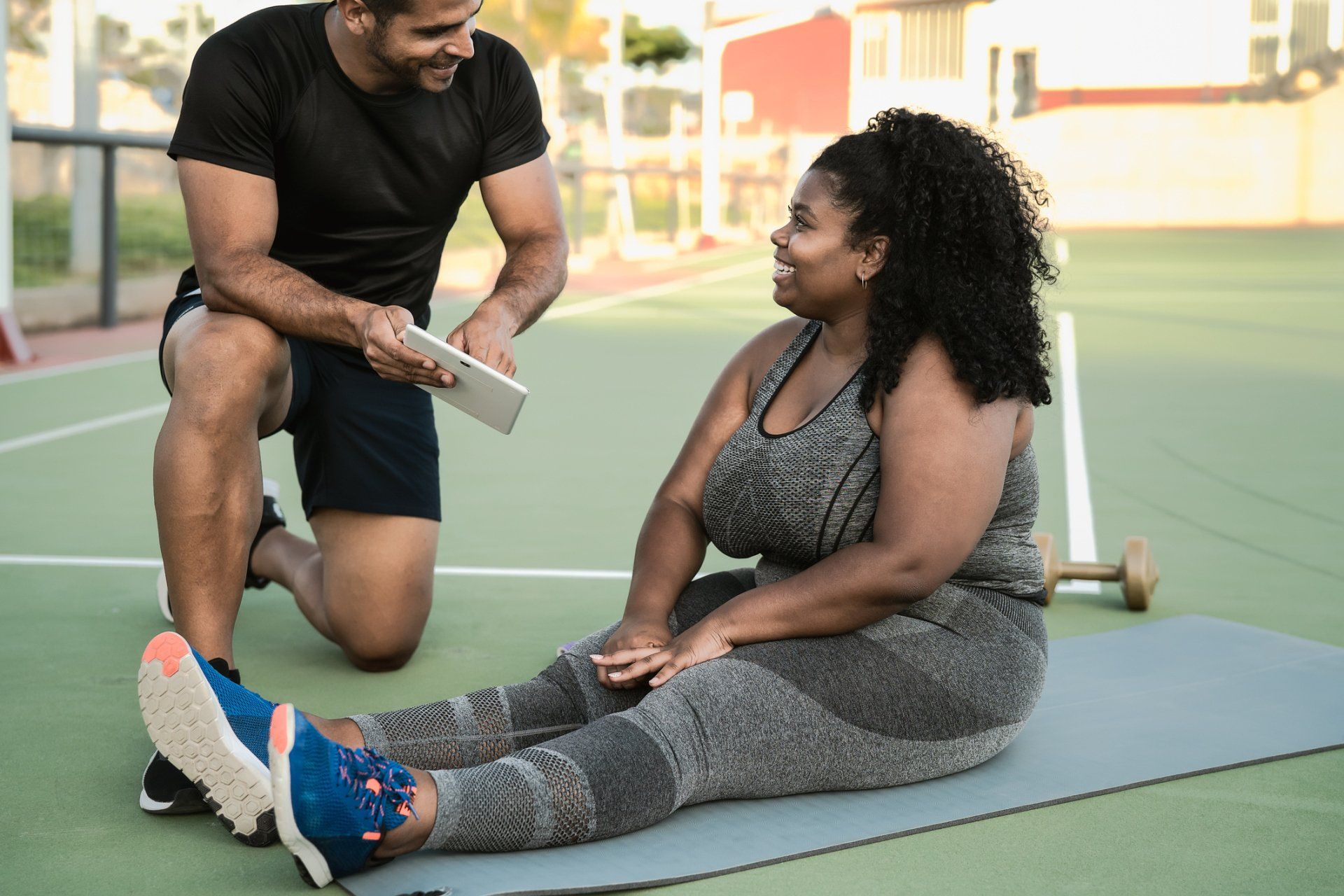
So you’ve decided to get fit, eh?
Good for you! But hold on a second there, all-star. You might think that going it alone is the best way to achieve your fitness goals, but you’d be wrong. In fact, hiring a coach is one of the smartest things you can do to make sure your fitness success is guaranteed. Why?
Here are the 5 reasons you SHOULD hire a coach.
#1 Effective Training Plans
Have you ever found yourself on the internet, late at night, wondering how many sets and reps you should going to do for squats or bicep curls tomorrow? If you have, then you know the feeling of frustration and confusion that comes with not having a clear plan for your workout routine.
This is where a fitness coach or personal trainer can be extremely helpful. A certified professional can help to create an effective training plan that takes the guesswork out of your workout routine.
In addition, a fitness coach can provide valuable guidance on proper form and technique, helping you to avoid injury and maximize the effectiveness of your workouts.
So, if you're feeling stuck in your fitness journey, this is perhaps the number one reason you should hire a PT.
#2 Effective Nutrition Plans
Besides training, some fitness coaches can help create an effective nutrition plan customized for your unique needs and goals. They'll take out the guesswork by providing some guidance.
Whether you're trying to lose weight, gain muscle, or just improve your overall health, a coach can help monitor your progress and adjust the plan!
#3 Preventing Costly Mistakes
Coaches are often worth their weight in gold because they help prevent expensive mistakes. They have "been there, done that" and can tell you what worked and what didn't.
Besides, they also know the importance of measuring progress and how to troubleshoot when things aren't going as planned.
You could make all of these mistakes on your own and still get results, but it would take longer and likely cost more in the form of wasted time and resources. A coach can help you stay focused, motivated, accountable, and injury-free.
#4 An Outside Perspective
A fitness coach can provide you with an outside perspective of your training- they can see things that you might not be able to see and give you critique and feedback that can help you improve.
They will also be able to identify any errors in your form, technique, and even mindset and correct them.
Remember, an outside perspective always matters, and this is where most coaches shine.
#5 The Accountability Benefit
Have you ever started working out on your own, only to find yourself skipping more and more workouts until you eventually give up entirely? It's a common problem, but there is a solution: hiring a fitness coach.
A good coach will not only help you develop an effective workout plan, but they will also hold you accountable. They'll make sure you show up for your workouts, and they'll push you to keep going even when you're feeling tired or discouraged.
In other words, a fitness coach can be the difference between success and failure.
